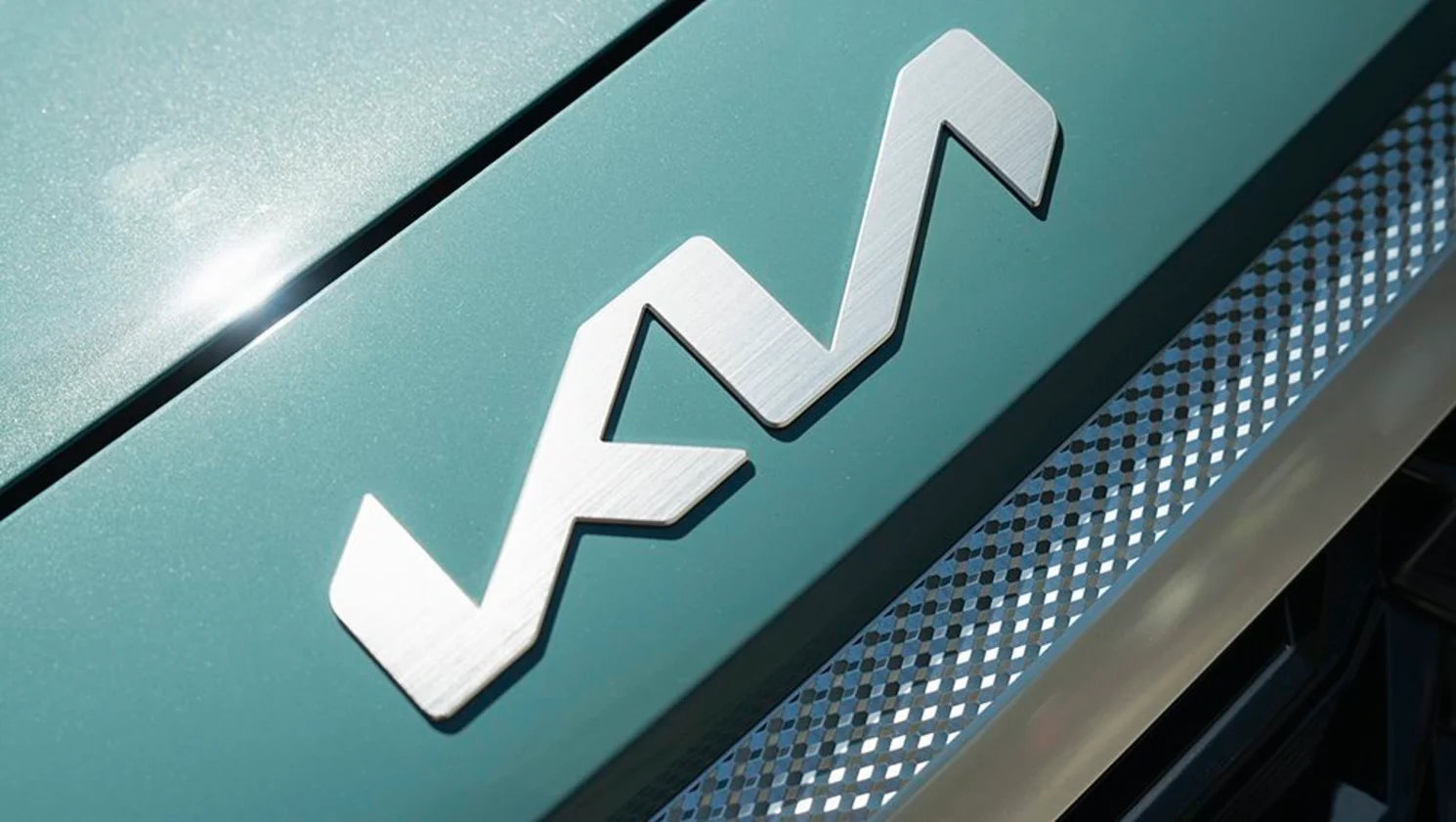- Admin
- Apr 09, 2025
- Road Trip Adventures
- Read: Small Medium Large
Kia Lowers EV Sales Target Amid U.S. Policy Uncertainty
Kia Corporation, one of South Korea’s leading automakers, announced Wednesday that it has revised its electric vehicle (EV) sales target, aiming to sell approximately 1.3 million EVs globally by 2030, down from a previously set goal of 1.6 million.
The change was disclosed during an investor presentation, where Kia acknowledged growing market challenges and policy uncertainty, particularly in the United States, one of its key markets. “The U.S. auto policy environment has become increasingly unpredictable,” the company noted in its investor slides, alluding to potential shifts in regulations, subsidies, and tariffs that could impact EV competitiveness and profitability.

Despite the lowered target, Kia reaffirmed its commitment to electrification, emphasizing ongoing investments in battery technology, new EV models, and infrastructure. The automaker still expects EVs to comprise a significant portion of its overall sales mix by the end of the decade.
Industry-Wide Trend
Kia’s decision reflects a broader recalibration across the global automotive sector. Several manufacturers have recently pulled back from aggressive EV targets set earlier in the decade, citing slower-than-expected consumer adoption, infrastructure limitations, and fluctuating raw material costs.
Ford, General Motors, and Mercedes-Benz have all issued updated guidance or delayed EV product rollouts, highlighting the complex path toward a fully electric future.
Strategic Shifts
To adapt, Kia is focusing on scalable EV platforms, such as its Electric Global Modular Platform (E-GMP), and plans to release new models across multiple segments, including compact SUVs and budget-friendly urban EVs. The company is also expected to increase hybrid and plug-in hybrid offerings, aiming to strike a balance between electrification and near-term profitability.
U.S. Market Uncertainty
Kia’s concerns over U.S. policy reflect recent signals from Washington, where the future of EV tax credits, emissions regulations, and trade policies remain in flux. A potential rollback or restructuring of the Inflation Reduction Act’s EV incentives could significantly affect demand dynamics and supply chain planning for foreign automakers.
As the global EV landscape continues to evolve, Kia’s move underscores the need for flexibility and strategic realignment in an industry undergoing rapid transformation.





